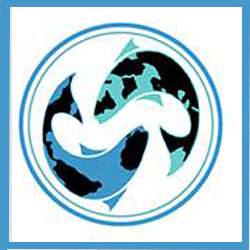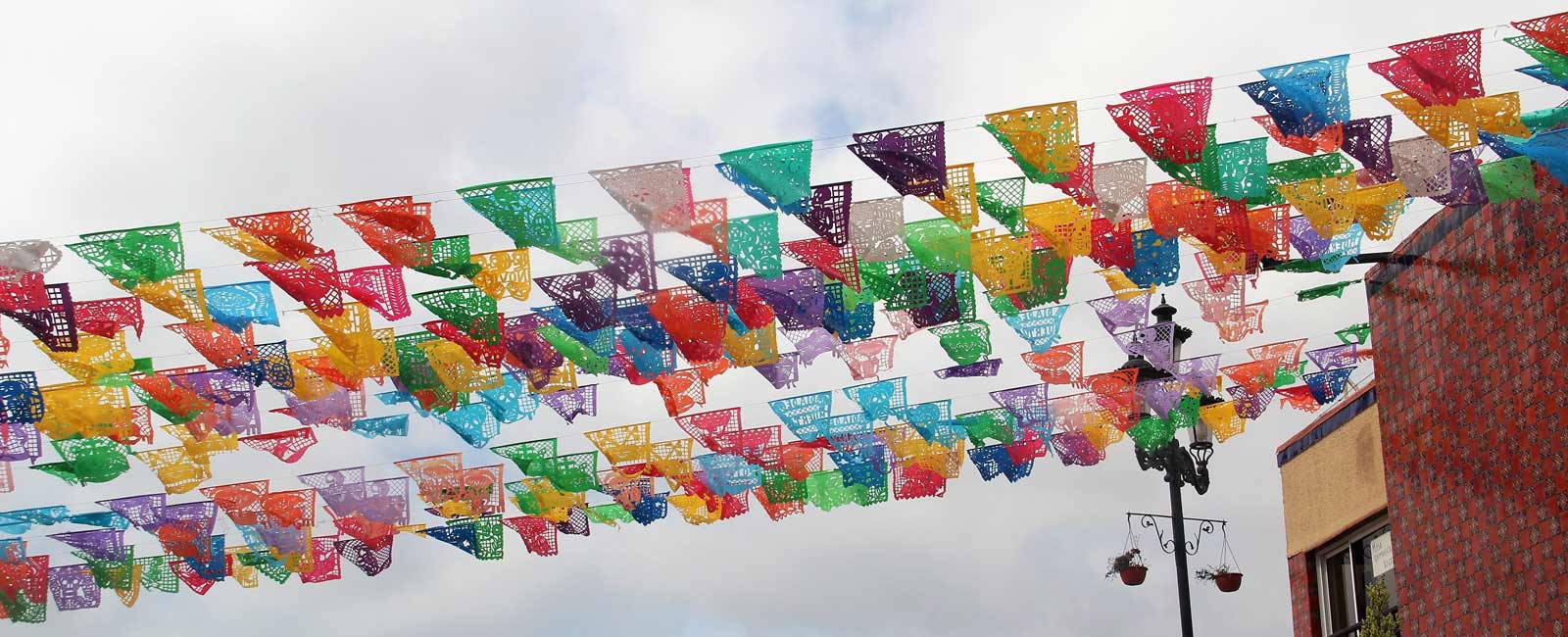
As Obama makes history over Cuba, will the Castros be the real winners?
After 50 years of fractious hostility, America has thrown a dramatic lifeline to the island’s bankrupt economy

To the astonishment of even the most seasoned and wired-in of Cuba hands, the half century-long cold (and hot) war between the US and Cuba is over. In what will rank alongside Nixon’s opening to China and Reagan’s embrace of Gorbachev, Obama has achieved the diplomatic coup and historic legacy that so insistently eluded his 10 White House predecessors. But the towering question is: what finally drove the Cubans to the bargaining table? Was it political courage, as was certainly the case for Obama? Or was it simply a matter of survival?
Since the untimely death of Fidel Castro’s disciple, Hugo Chávez, the Cubans have been nervously eying Caracas. How much longer – months or weeks? – would Cuba be able to receive its daily subsidy of 100,000 barrels of free Venezuelan crude? Quite simply, the collapsing price of oil, coupled with Nicolás Maduro’s shaky grip on the Venezuelan presidency (not to mention the falling Russian rouble) provided the writing on the wall. Either Cuba had to find a new patron – and one as pliant and generous as the Soviet Union and Venezuela have been – or it would be forced to join the cursed, capitalist free-market economy.
But there was a second issue: the tottering health and diminished capacity of the Maximum Leader, Fidel Castro. Even the bi-monthly staged photo-ops of him with visiting world leaders had come to a halt. Close, trusted friends of mine who have visited the 88-year-old Fidel have confided that he now fully relies upon his spouse, the long-suffering Dalia Soto del Valle. These days, she is Fidel’s wife, his caretaker and, often, his memory.
It is an article of faith that the blame for 50 years of failed diplomacy with Cuba lay with a succession of feckless American presidents who pandered to exile constituents in the key states of Florida and New Jersey. The corollary of this myth had it that the Castros, hats in hand, were incessantly rebuffed by their predatory imperialist neighbour. Truth be told, and borrowing the adage invoked about Yasser Arafat, Fidel Castro never missed an opportunity to miss an opportunity.
During the administration of Gerald Ford, a remarkable two-year diplomatic initiative was undertaken by secretary of state Henry Kissinger and his assistant secretary of state for inter-American affairs, William P Rogers, to normalise relations with Cuba. Had the talks succeeded, the US embargo would have been eliminated, with diplomatic relations between the two countries fully restored as early as 1976. If nothing else, Kissinger wanted to add the notch of Cuba to his diplomatic belt. After China, Kissinger assumed Cuba would be a cakewalk. “Little did we know,” sighed the late Rogers when I interviewed him.
But the potentially historic talks sputtered in December 1975 when Castro decided to intervene in the Angolan civil war. To their everlasting shock, the US team came to the inescapable conclusion that Castro was ready to sacrifice a rapprochement with his most important neighbour to pursue a bizarre military adventure halfway across the globe.
Nevertheless, the talks continued, but it was Fidel Castro who again pulled the plug. The shrewdest of chess players, Castro, who came to power on the irresistible platform of Cuban nationalism, understood that he needed a Goliath if he was to continue to play David – and the imperialist US fitted the bill perfectly. Always, in the Castro rhetoric, America would be El Imperio to denote the evil empire of the north.
Salvador Lew, an attorney, maintains Castro squandered other opportunities including some enterprising rogue diplomacy. After the revolution, when Lew represented the Cuban government in Miami, he was approached by reputable third parties seeking a Cuba-US truce only to be rejected by Fidel. Later in 1959, Lew said he passed on an offer to sell American weapons to the Cuban government through a third party. “Fidel called me the next morning and said that Raúl appreciated it very much but he had a better offer,” Lew recalled. “You see, he felt he had to take on the United States – to oppose a superpower 90 miles away – in order to secure international stature for himself.”
Be it official or rogue diplomacy, what remained strikingly consistent was Castro’s relish at thumbing his nose over and over again at Uncle Sam. In 1976, Jimmy Carter arrived at the White House disposed to resume relations with Cuba. Over his four-year term, Carter would enact the most significant and durable modifications of the embargo, including re-establishing quasi-diplomatic relations. Interests Sections, a euphemism for embassies, in Havana and Washington in 1977, were re-established in the very same pre-1959 embassy buildings – where they remain today.
For his efforts towards normalising Cuba, Carter paid a steep price, a cautionary tale for future presidents about the risks of negotiating with Cuba. Not long after the agreements were signed, Castro unleashed the Mariel refugee crisis. A flotilla of fleeing Cubans, eventually numbering 125,000, headed for the US shores, including hundreds of felons released from Cuban jails. And Carter lost the 1980 election.
Bill Clinton also was keen to defrost relations with Cuba and had none other than the late Gabriel García Márquez, a trusted pal of Fidel Castro, to act as messenger. Those talks went silent in 1996, when Castro ordered the shooting down of two civilian planes of the Miami exile group, Brothers to the Rescue. Four people were killed, prompting international fury. Worse, it led to the enactment of Helms-Burton, which ramped up the US embargo, codifying it into law and placing it squarely under the thumb of Congress. Did the master political tactician Fidel foresee this would happen? Certainly – but it was a price he was willing to pay.
While Fidel and Raúl Castro have proved to be the most successful, political/brother act in history, there have been strains. While it is true that Raúl assumed his brother’s role in August 2006, he was unable to take the reins fully until after his Fidel’s health worsened about two years ago. Until then, he was often second-guessed, overruled and even humiliated, on occasion, by his convalescing sibling.
By the 1990s, Raúl, once a communist stalwart, had begun to moderate his hardline views. Fidel, however, shared none of his brother’s interest in reforms. As far as he was concerned perestroika and glasnost had brought down the Soviet Union. To lose control with open elections and a free media, argued Fidel, was to lose one’s country.
But Raúl had long been impressed with what he has called “the Chinese model” as well as “the Vietnam solution”. He had travelled to China in 1997 to learn more about its emerging new economy. During his visit, Raúl spent a good deal of time with Zhu Rongji, China’s architect of economic reforms under Jiang Zemin. Raúl was so taken with the Chinese programme that he invited Zhu’s chief adviser to Cuba, who went on to enthrall many in the Cuban Politburo over several days of talks. However, there was one person who was decidedly unimpressed – Fidel.
Over the last 18 months, Raúl has proved himself to be a superb negotiator, securing the most prized items on the Cuban wish-list. Although Obama cannot lift the embargo, he has bestowed a plethora of economic and trade goodies to the Cubans, along with full diplomatic relations, thus defanging the most onerous parts of the US embargo.
Although many Republican leaders have been predictably howling, the fact of the matter is that Obama did them a big favour. Not only did he seize the opportunity to dismantle the vestigial restrictions on Cuba, he has taken the pesky, half-century-old issue of Cuba off the table. Other than Ted Cruz and Marco Rubio, both Cuban-Americans, the Republican party is a dedicated pro-business, free enterprise political outfit. Rand Paul’s welcoming comments on the deal, and the polite silence of many in the GOP, speak volumes.
While the Cubans are clearly the big winners, America relieved itself of a 50-year headache. True, the US secured the freedom of Alan Gross, the bumbling USAID worker whom the Cubans had picked up as a chit to trade, and a valued CIA asset, Rolando Sarraf Trujillo, who had done 20 years in prison. But it is the bankrupt Cuban economy that has been rescued.
Moreover, in a swap they badly wanted, the Cubans got the last three members of the Cuban Five who were still in US jails, a vindication for hardliners in Cuba who had long argued for the chit value of Gross. The Cubans also agreed to free 53 political prisoners, something mentioned by Obama on Wednesday but not Raúl in his remarks.
The losers of this deal will likely be Cuban activists. One of the reasons Raúl favours the China model is his admiration for their control over the internet and dissidents, and for their preservation of the Communist party.
And while the US has agreed to allow most Americans to travel to Cuba, it remains to be seen if the Cubans allow all of us in. Will American reporters still be subjected to the capricious issuance of press visas? Will all exiles be allowed to visit? Will the rules change for the lines of grovelling would-be visitors to Cuba at its re-baptised embassy in Washington DC? Will the average Cuban finally be allowed access to the internet?
As this historic deal was announced, the price of oil dropped to a near record low. “Se salvaron en tablitas,” as they say in Cuba – they were saved by the skin of their teeth – and there is widespread euphoria on the island. The Cubans did so well that Yoani Sánchez, the dissident blogger, declared that “Castroism has won”.
Indeed, it would be hard to argue otherwise.
Ann Louise Bardach, a longtime Cuba analyst, is the author of Without Fidel: A Death Foretold in Miami, Havana and Washington and Cuba Confidential.

